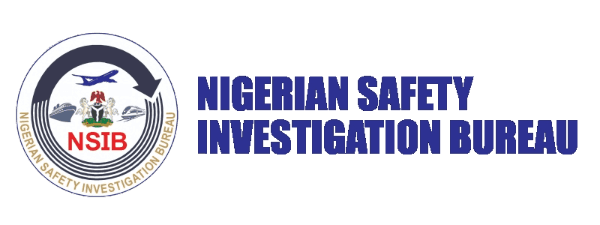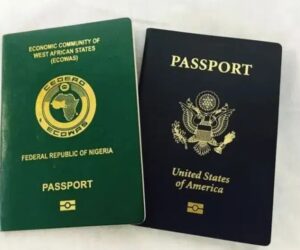The Nigerian Safety Investigation Bureau’s (NSIB) preliminary report on the 5N-BQQ incident at Obafemi Awolowo International Airport in Port Harcourt, Rivers State, has shown that the flight and cabin crews of the Air Peace plane involved tested positive to alcohol and cannabis.
The serious incident involving a Boeing 737-524 aircraft, with nationality and registration marks 5N-BQQ, operated by Air Peace Limited, occurred on July 13, 2025.
In a preliminary report released by the NSIB and signed by the director, public affairs and family assistance, Mrs Bimbo Olawumi Oladeji, the NSIB said: “The aircraft, operating as a scheduled domestic flight from Lagos to Port Harcourt with 103 persons on board, landed long on Runway 21 after an unstabilised final approach.
“The aircraft touched down 2,264 metres from the runway threshold and came to a final stop 209 metres into the clearway. All passengers and crew disembarked safely, and no injuries were reported.
“Initial toxicological tests conducted on the flight crew revealed positive results for certain substances, including indicators of alcohol consumption. A cabin crew member also tested positive for THC, the psychoactive component in cannabis. These results are being reviewed under the human performance and safety management components of the investigation.”
Oladeji further said, “the NSIB has issued immediate safety recommendations for Air Peace Limited to strengthen crew resource management (CRM) training, particularly in handling unstabilised approaches and go-around decisions, and to reinforce internal procedures for crew fitness-for-duty monitoring before flight dispatch.
“The full preliminary report, including detailed findings, is available for download on the NSIB website. The report represents early findings and is subject to further analysis. The final report will present detailed conclusions and additional recommendations to enhance aviation safety in Nigeria.”







